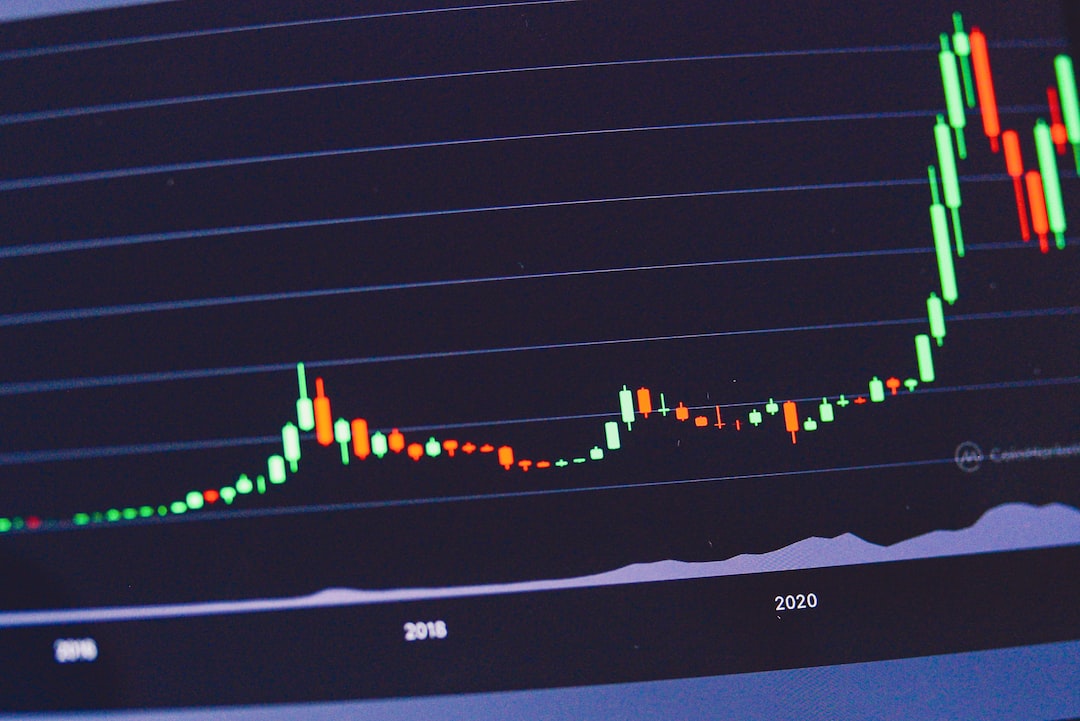Former FTX Executive Pleads Guilty and Released on Bond
Ryan Salame, a former executive at FTX, pleaded guilty to charges related to the collapse of the crypto exchange. He is the fourth person to plead guilty in this case, while former CEO Sam Bankman-Fried awaits his trial. Salame admitted to conspiracy to make unlawful political contributions and operate an unlicensed money transmitting business. In court, he claimed that his $10 million political contributions were actually loans. Salame agreed to surrender $1.6 billion in assets and give up two properties and a Porsche. U.S. Attorney Damian Williams stated that Salame advanced the interests of FTX and its co-conspirators through an unlawful political influence campaign and unlicensed money transmitting business. Prosecutors revealed that Salame and his co-conspirators made over 300 political donations using straw donors or corporate funds.
Another Guilty Plea in the FTX Collapse
Former Alameda Research CEO Caroline Ellison, FTX Co-Founder Gary Wang, and FTX’s former Engineering Director Nishad Singh have all previously pleaded guilty in connection with the collapse of FTX. This brings the total number of guilty pleas to four. In July, Ryan Salame, the former co-CEO of FTX Digital Markets, came under investigation for possible campaign finance violations. The investigation focused on Salame’s involvement in his girlfriend’s congressional race. Salame has stated that he will not testify at Sam Bankman-Fried’s trial, who is currently in jail awaiting trial and facing accusations of witness tampering.
Hot Take: Accountability in the Crypto Industry
The recent guilty pleas and ongoing criminal trials related to the collapse of FTX highlight the need for accountability within the crypto industry. Unlawful practices, such as illegal political contributions and operating unlicensed businesses, have serious consequences. It is crucial for individuals and companies involved in the crypto space to adhere to legal and ethical standards. As the industry continues to grow, regulatory measures and enforcement actions will play a crucial role in ensuring transparency and protecting the interests of investors and the general public.





 By
By
 By
By

 By
By

 By
By